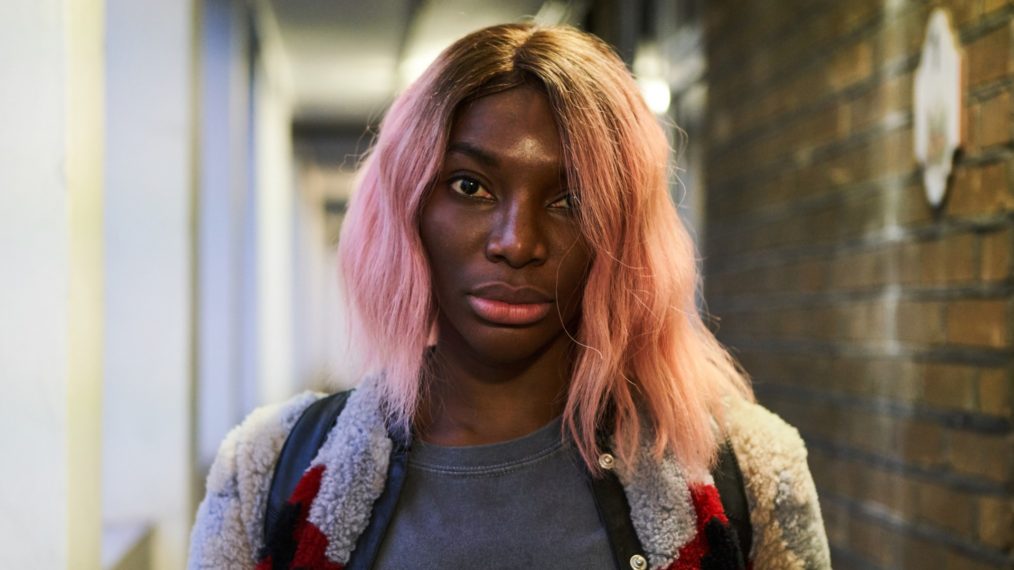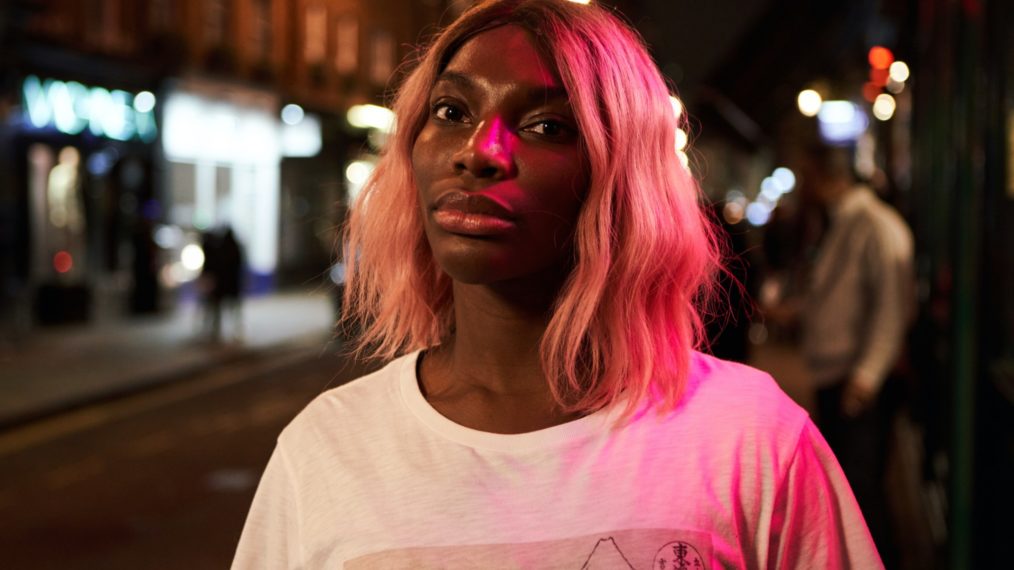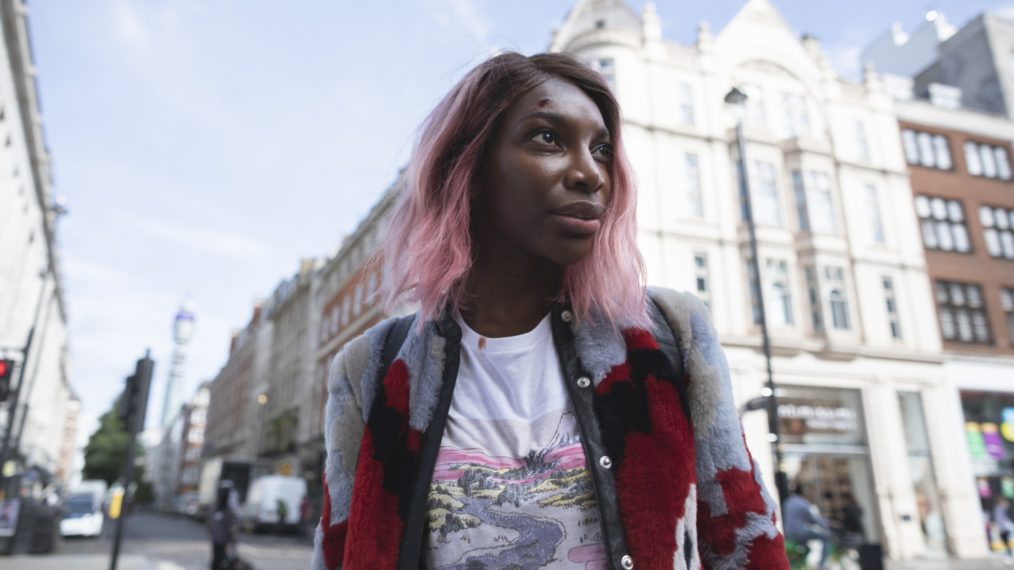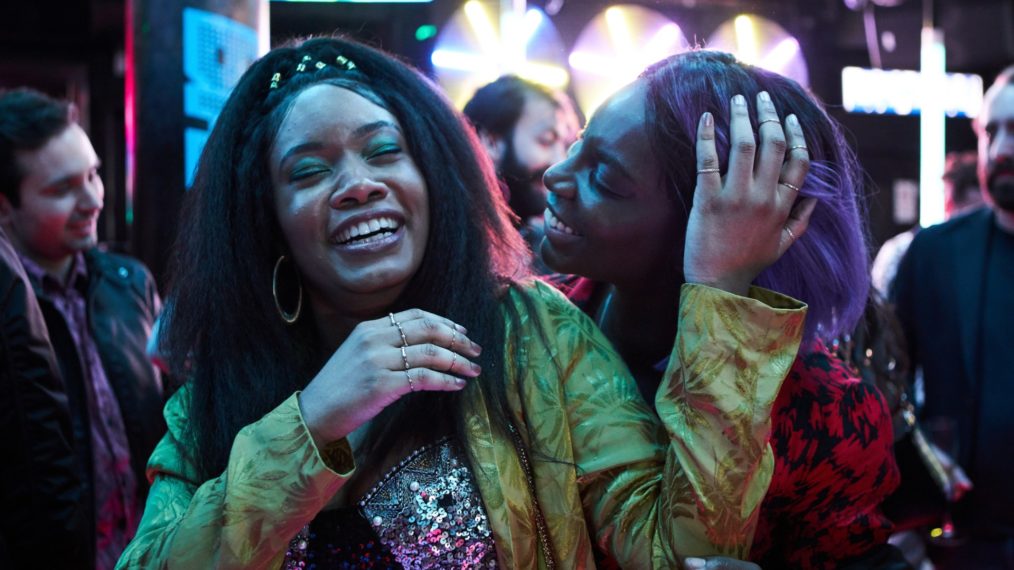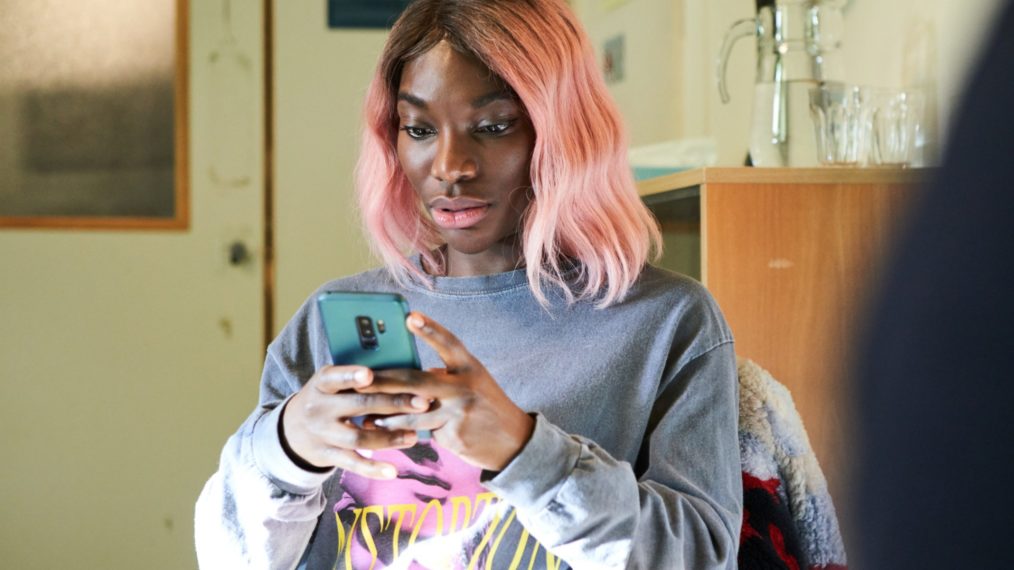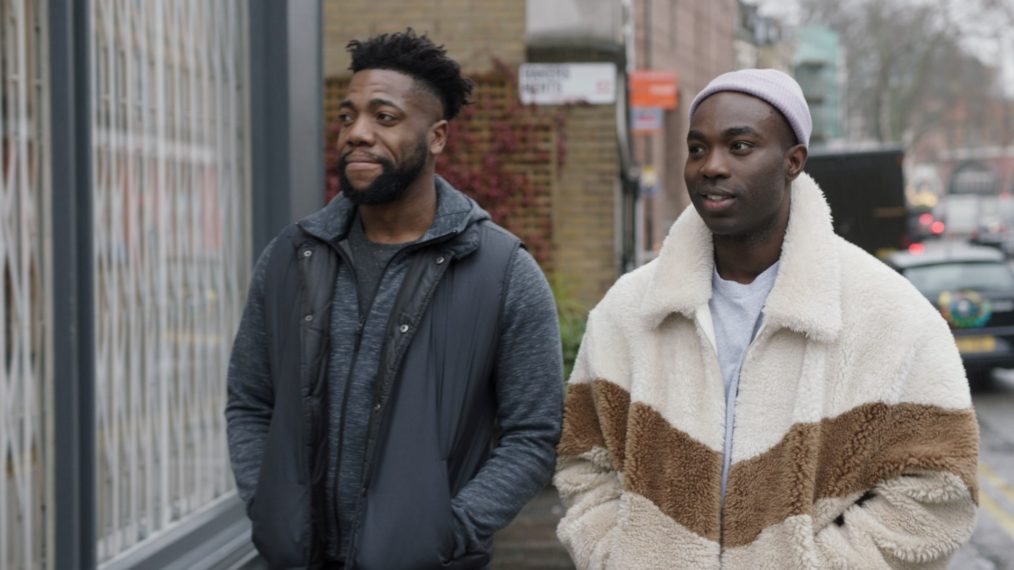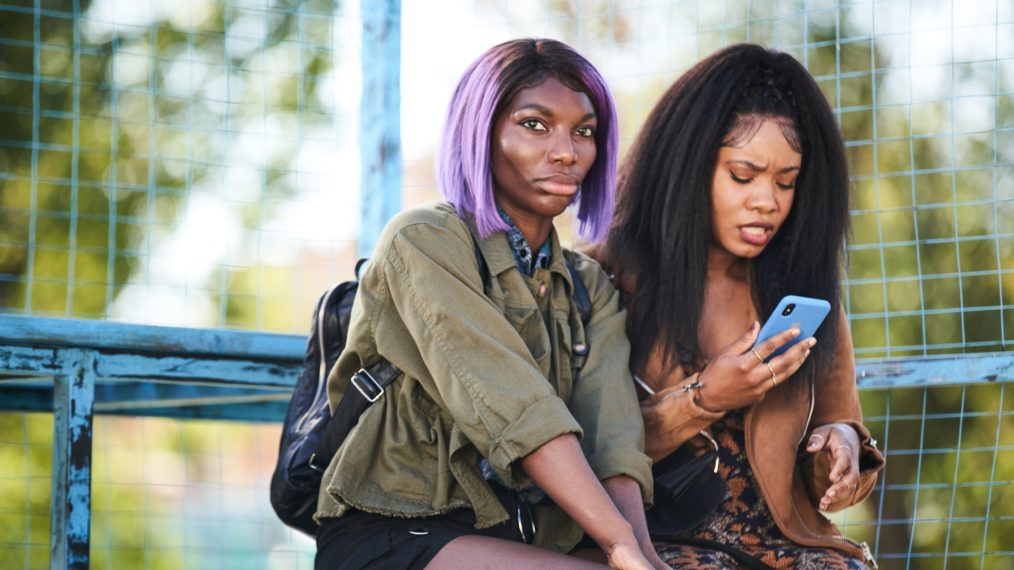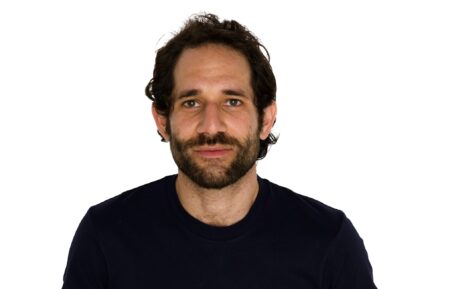7 Reasons You Should Be Watching HBO’s ‘I May Destroy You’
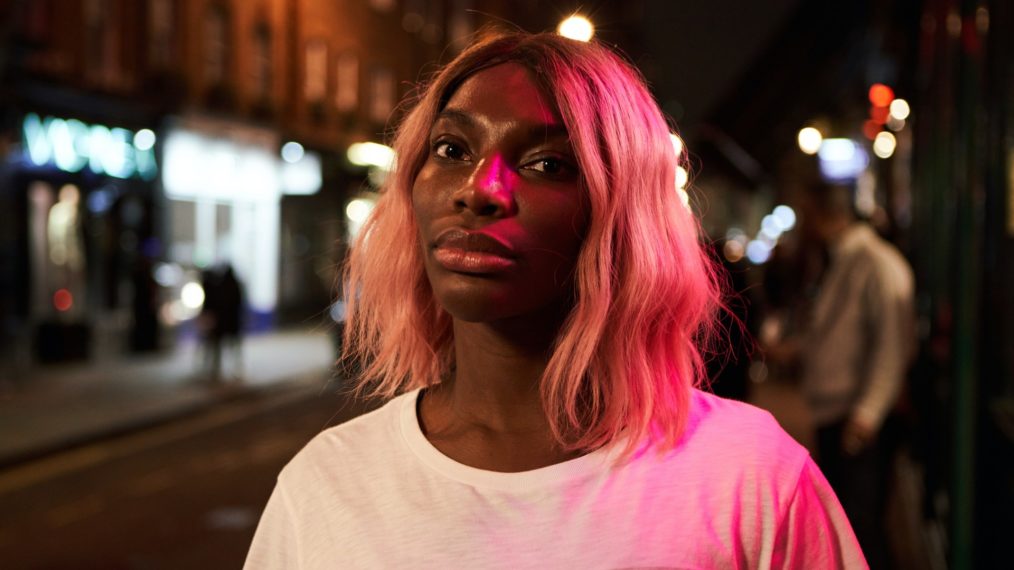
HBO’s I May Destroy You will take your weekly viewing this summer to whole new, boundary pushing heights.
The series stars Chewing Gum lead Michaela Coel as Arabella, a young writer who ventures out into London’s bustling club scene on the night before a first draft is due to her publisher, only to endure a devastating sexual assault experience that changes her world forever. The powerful story finds Arabella piecing together the traumatic events of that drug and alcohol infused night while trying to navigate love and her life as a young black writer hoping to push her career to the next level.
The comedy-drama is bolstered by strong performances, refreshing writing and the stunning cinematography HBO’s series are generally known for. And it has already garnered acclaim from critics and audiences alike with just four episodes aired, currently sitting at an impressive score of 96% on Rotten Tomatoes. While there is certainly more time for the show to grow and cement itself as a critical success, things for the Coel-produced, directed and written vehicle are certainly off to an excellent start.
So as the first season continues to chart its path through the circuit of exciting new summer shows, we break down the reasons that you should be watching I May Destroy You.
I May Destroy You, Mondays, 9/8c, HBO


